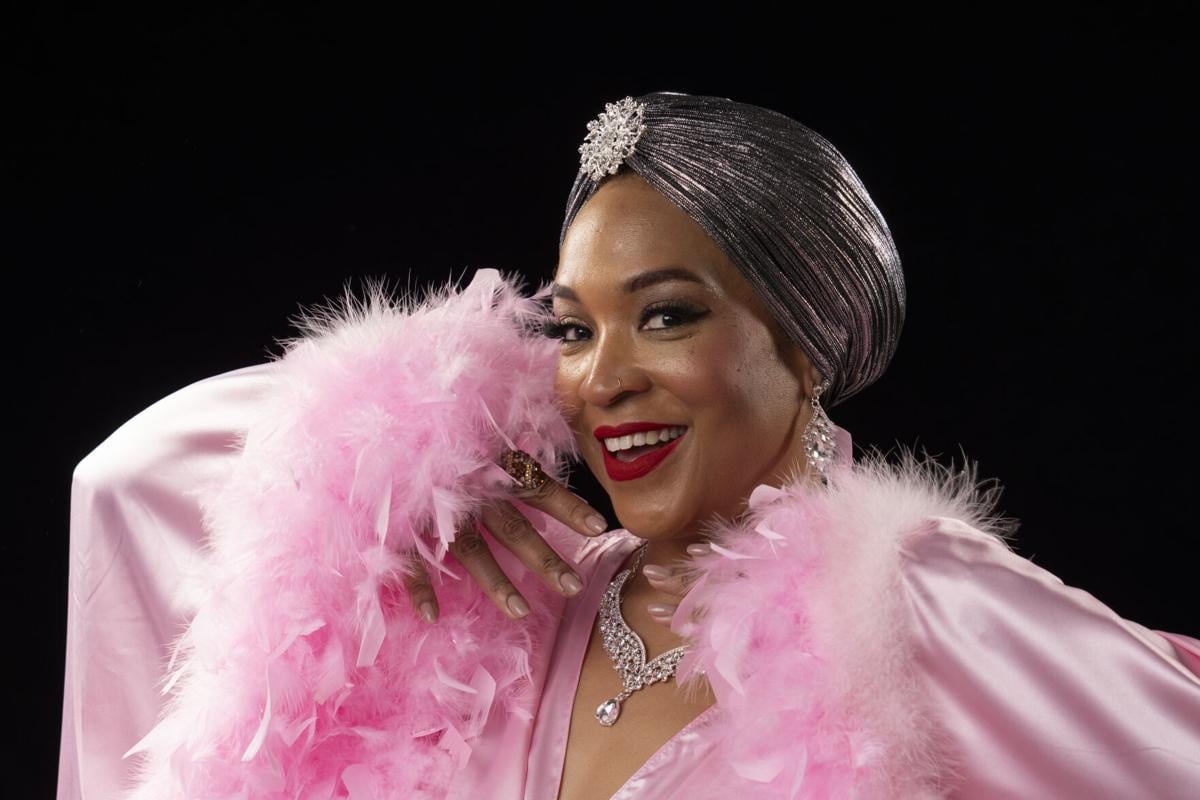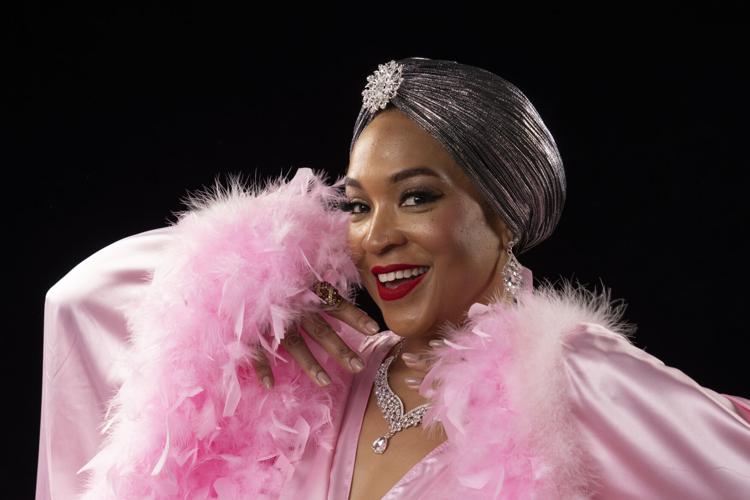After swift recovery from May’s tornado, and a successful staging of the Broadway musical “My Fair Lady,” Union Avenue Opera turns its attention to … opera. UAO performs three operas this summer featuring self-determined women, both the characters, and the leading sopranos playing them.
First from July 25-Aug. 2, a double bill of Ruggiero Leoncavallo’s “Pagliacci” and Tom Cipullo’s “Josephine” will decouple “Pagliacci” from its usual partner in brevity, Pietro Mascagni’s “Cavalleria Rusticana.” The resulting dyad foregrounds women in show business.
To close, UAO takes on a weighty opera, Richard Strauss’ messily erotic “Salome” from Aug. 15-23.
Operagoers well know “Pagliacci,” which clawed toeholds into popular culture via the tenor’s hit aria, “Vesti la giubba,” refracted through the lenses of TV commercials, an episode of “Seinfeld” and regular recurrences as a clue on “Jeopardy!” Recently, opera companies more often unyoke Cav and Pag, pairing one with something else.
People are also reading…
“Something else” arrives with Tom Cipullo’s monodrama featuring entertainer, ӣ����Ƶ native and civil rights icon Josephine Baker. “Josephine” premiered in 2016 in Washington, D.C., featuring soprano Melissa Wimbush as the “Black Venus” — a moniker for Baker.
UAO General and Artistic Director Scott Schoonover notes a line connecting “Josephine” and “Pagliacci.” “They work well together because they’re both about show-business people. They’re certainly from different eras — different centuries, different traditions. I thought that they might be very interesting to play off one another, coming from that show-business perspective.”
Baker’s arc stretched from ӣ����Ƶ to France. The French better appreciated her legendary singing, dancing, and acting. She became a citizen and aided the free French resistance in World War II, working with British and American intelligence. France awarded her high military and civilian honors, a sharp contrast with having to drink from segregated water fountains in the United States. Just last week in Paris, the visual artist FKDL unveiled a new mural of her. Though she’s not forgotten here, comparatively, ӣ����Ƶ has celebrated Baker too little.

Meroë Khalia Adeeb will star as Nedda in "Pagliacci" with Union Avenue Opera. Last year, she played Micaëla in the company's production of "Carmen."
“Josephine” unfolds in Baker’s dressing room preceding a final comeback performance, as she addresses an interviewer. This work requires a lone soprano with great dramatic skills. Laquita Mitchell, the role’s most frequent performer, emphasizes the opera’s true-to-life nature. “The tough part of the piece is reliving her life as a Black person myself. The relationships that didn’t make it because of racism, the public’s disrespect towards the end of her life. But her resilience — speaking at the March on Washington was, for her, the highlight of her life.”
UAO’s Josephine, soprano Manna K. Jones, also cherishes the relation between the character and the real Baker. “One of my favorite things about this process has been the research. I had never actually heard Josephine’s voice. I had heard her singing voice, not her speaking voice. I studied her flow of speech, and she’s just this great storyteller. I’m not trying to mimic her but just bring in the spirit and the joy and the inflection of how she spoke.”
Compelling too are the leading ladies in “Pagliacci” and “Salome.” “Pagliacci” is about Nedda and Canio, two comedic actors in a troupe, whose marriage is on the skids. Nedda suffers a shocking act of domestic violence. Frequently starring at UAO, soprano Meroë Khalia Adeeb concedes, “I was talking to my coach, and there was definitely a point where I was like, ‘This is going to be more difficult than I realized when I signed up for this.’”
Nedda displays character depth throughout, buoyed by opera’s shorthand for personal integrity—receiving the prettiest music. Of the role Adeeb says, “it fits my voice perfectly, it’s like a glove.”
Opera’s penchant for pairing remarkable music with a remarkable character reaches an apex with the title role of UAO’s last show, Strauss’ “Salome.” On paper, “Salome” is absurd, bestowing the teenage Judean princess with a huge dramatic soprano instrument, requiring a singer two to four decades the character’s senior.
Enter soprano Kelly Slawson, a ӣ����Ƶ native sporting a gargantuan voice. Almost exclusively, Slawson sings Italian and German roles requiring the largest female voice available, like Puccini’s Turandot. Now 38, she took seven years off from opera, while her voice matured. “When I stumbled back into this, I was looking at how my voice had shifted and how my perspective of singing had shifted, how I approached singing.”
Salome gets profiled as opera’s greatest enfant terrible. She was a princess who became obsessed with John the Baptist and ultimately asks for his head on a platter. But Slawson notes the marriage of music and character. “It’s easy for me. When I was taking stock of how my voice had shifted, I got to Salome. I loved the character. I love the macabre of it all. I have a soft spot for her. I don’t think that she’s villainous. I think she’s very mentally ill and probably had a very disturbed childhood.”
Three great operas, three fascinating characters, and three fantastic sopranos singing them. During summer’s hottest days, attend Union Avenue Opera for smoldering sopranos.
Post-Dispatch photographers capture tens of thousands of images every year. See some of their best work that was either taken in June 2025 in this video. Edited by Jenna Jones.










